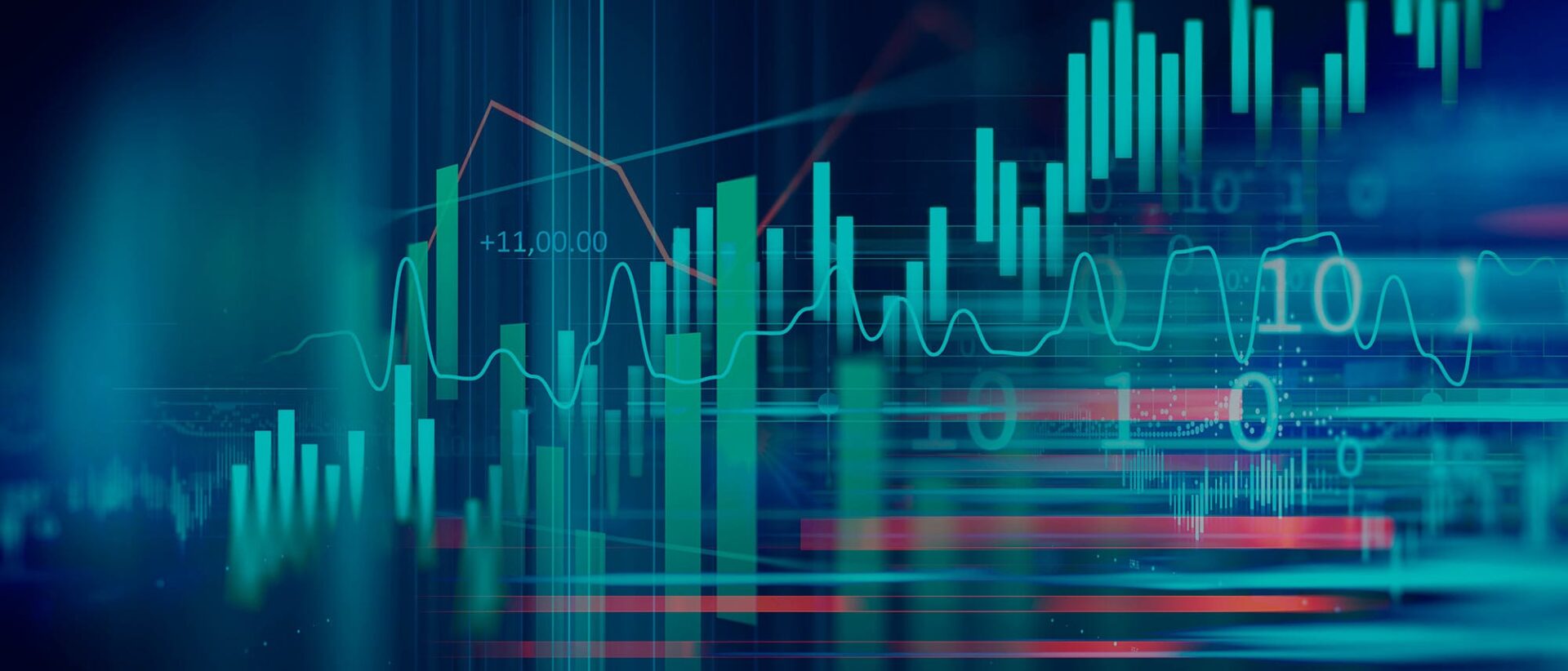TECSA S.r.l.’s specialist consulting activities have always been accompanied by in-depth studies aimed at improving the service to its clients through a strong process of internal know-how development and subsequent dissemination through books, monographs and technical-scientific articles. This process is substantiated by a group of technicians through research and development activities applied to the themes and activities followed by the company.
The R&D core activity covers a very large number of research areas such as: mathematical modelling; experimental studies on combustion, fire and safety; software development and calibration of existing models for risk analysis; studies and research on flame, heat, smoke, gas detectors.
The group is also deeply involved in the development of new technologies also in cooperation with European and international research groups operating in the Eureka and R&D frameworks of the European Union.
Tecsa is therefore in constant contact with the most established research institutes and universities at European and international level.
The Research and Development sector responds to specific needs including:
- Experience on a real scale the effect of fires in certain circumstances (containers wrapped in flames, flame geometry of fires of various sizes, release of flammable products, etc.);
- Experimenting with new plant engineering solutions in relation to specific fire hazards (canopy fires, fires on board platforms, fires in storage areas and particulars, etc.);
- To develop simulation models related to the fire phenomenon (e.g. in the case of investigative reports following particular events in civil, military, industrial, marine and historical buildings);
- Performing “casing” fire resistance tests for motorised valves for special applications;
- Execution of special experimental tests for the evaluation of fire resistance of fire resistant coatings for the protection of On and Off Shore process equipment;
- Develop and develop special measurement, monitoring and data acquisition systems.
- Tecsa has developed a series of instruments for monitoring fire parameters together with a computerized data acquisition system: COmputerized Fire Data acquisition (COFID1) and also develops instrumentation for particular environmental monitoring situations.
Among the clients of the R&D division Tecsa S.r.l. has the honour of including the Study and Experience Centre of the Ministry of the Interior and some of the most important chemical multinationals.
Among the research projects it is possible to include:
- Development of New Types of Gas and Fire Detectors for Unmanned Off-Shore Platforms (partecipanti: Tecsa S.r.l., TNO -Olanda, Snamprogetti Ltd. -Gran Bretagna);
- Development of New Technologies to Reduce the Environmental Impact of Fire Fighting Foam Systems – Eureka Project EU 350 – Euroenviron (partecipanti: Tecsa S.r.l. come subcontractor di Sabo – Italia, Rosenbauer – Austria);
- Foam and Water Deluge Systems for Offshore Oil Platform, Contract TH/15125/89 (participants: Tecsa S.r.l. as subcontractor of Sabo – Italy, RM Consultants Ltd. – Great Britain);
- TOMHID© (Towards an Overall Methodology for Hazard Identification) within the Community Research Programme STEP (participants: Tecsa S.r.l., VTT Technical Research Centre – Finland, SRD – Great Britain, University of Sheffield – Great Britain, RISO National Laboratory – Denmark, JRC Joint Research Centre – Italy, Ciemat – Spain);
- ATMOSHERE© (Atmospheric Dispersion of Process and Accidental Releases: an Integrated System for Real Time Forecast and Emergency Management) – Eureka Project EU 473 – Euroenviron (Partecipanti: Tecsa S.r.l. come project leader, Alcatel Titn Answare – Francia, RM Consultants Ltd. – Gran Bretagna, Voest-Alpine Stahl Linz – Austria, Graz University of Technology – Austria, Politecnico di Torino, VTT Technical Research Centre – Finlandia);
- FIDESY© (Fire Detection System Based on Intelligent Processing of Infrared and Visible Images) – Eureka Project EU 454 – Euroenviron (partecipanti: Tecsa S.r.l. come project leader, ITMI – Francia, Ibermatica – Spagna);
- STARS© (Software Tools for Analysis of Reliability and Safety) (participants: Tecsa S.r.l., JRC Joint Research Centre – Italy, RISO National Laboratory – Denmark, , VTT Technical Research Centre – Finland, and other European partners);
- FIREXP© Experimental tests of puddle fires and liquid fuels (participants: Tecsa S.r.l. as scientific consultant and in charge of the experimental activity together with Agip S.p.A.; sponsors: Industria Italiana Petroli S.p.A., Snamprogetti S.p.A., Enea, Enel, CCR Joint Research Centre);
- Prometheus© Management of fire emergencies in buildings;
- Finalized Project “Construction” – Development of a set of expert systems and mathematical models for the evaluation of the safety of large buildings in case of fire (Subproject 2, PFE, CNR National Research Council. Contract n° 89.00350.64);
- Definition of the types of components classified for offshore modules (work for Agip Stin);
- Study of foam solution spray systems for fire protection (work performed for Snamprogetti S.p.A.;
- Experimental tests of fire detection and fire extinguishing systems for bays loading tankers for petroleum products (work performed for Agip Petroli S.p.A.);
- Experimental tests of fire detection and extinguishing systems for oil product storage tanks (work performed for Agip Petroli S.p.A.);
- SIAS©- Information System Reliability and Safety (work performed for Agip S.p.A. TESI);
- DEGATEC©- Development of a software package in Microsoft Windows© environment for the modelling of gas and vapour dispersion denser than air (developed for the Gas Research Institute-USA by Tecsa S.r.l. and Risk and Industrial Safety Consultants-USA). The calculation code is based on Degadis 2.1 (J. Havens, T. Spicer, University of Arkansas). DEGATEC© is officially recognized by GRI, EPA and US Coast Guard;
- “Hospitals and Health Care Facilities: Guidelines for the implementation of an effective Safety and Health Management System” (design of a Safety and Health Management System to be applied to hospitals and health care facilities and elaboration of specific guidelines for the management and safety staff of these structures);
- Development of “GIPSA – Gas Installations & Plants Safety Analysis” software for Safety Analysis (QRA) and Fire Risk Assessment of gas transportation installations. The calculation module of the software includes: consequence analysis (Jet Fire, Flash Fire, Pool Fire, Dispersion, Explosion), probabilistic assessment through fault trees & event trees, risk ranking and comparison with acceptability criteria, social risk F-N curvers, report production.


